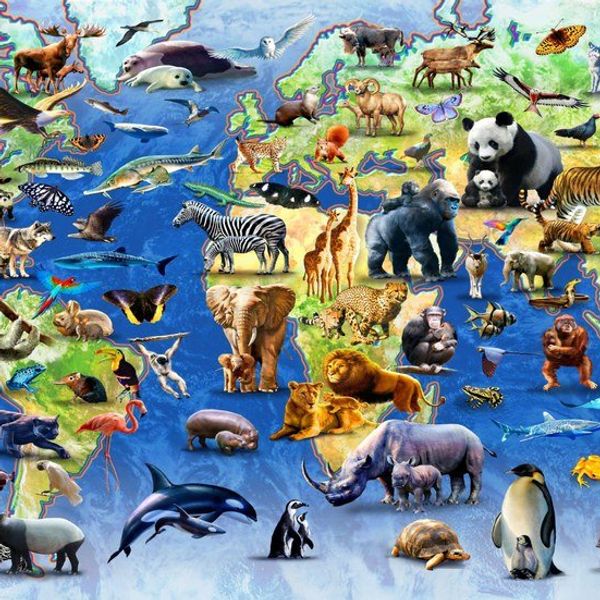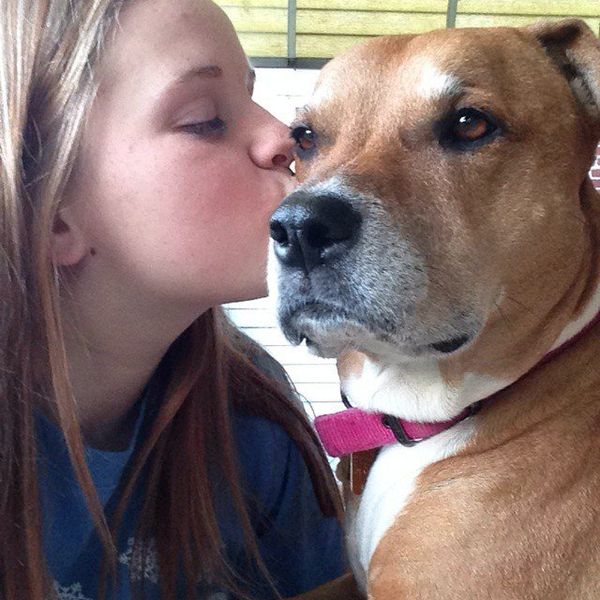The Chinese New Year is has arrived, kicking off the Year of the Monkey in the Chinese Zodiac. But the nonprofit organization WildAid has launched the newest campaign: Year of the Elephant. This global outreach encourages people to take the pledge to not purchase ivory products, stopping the poaching of elephants in 2016 and making it the year more of these beautiful giants are born than poached.
More than 33 thousand elephants are poached each year for their ivory, bones and for sport. This practice has lead to more than half the elephant population disappearing and could result in the overall extinction of the species. National Geographic’s newest research has reported that, in the past three years alone, over 100,000 elephants have been poached, reducing the population in central Africa by 64 percent.
The importance of elephants in the ecosystem is not given enough attention. If they become extinct, the areas they roam will no longer have water systems created for other animals by elephants digging, the forests will lose grasslands and firebreaks, the nutrients from the waste will no longer be spread and the entire ecosystem will become unbalanced.
President Barack Obama and other world leaders have drafted ivory trade ban agreements to keep ivory a part of the elephant and not a piece of jewelry we tote around. Laws in the United States state all ivory products must be “pre-ban” or “antique,” which brings up the problem of loopholes. American hunters will bring back ivory from a trip of killing for sport, and black market trading occurs every day, especially online. Companies have been under fire in the United States for the sale of ivory trade items, including Craigslist. After a slew of petitions bombarded the online giant, the company has listed “Ivory; endangered, imperiled and/or protected species and any parts thereof” to their list of banned items, but this statement is not broadcasted, making it easy for consumers to continue trading the goods.
The campaign in itself has already reached millions of activists, including Sophia Bush, through the hashtag #jointheherd and encouraging activists to create a Join the Herd photo to spread awareness on social media. The concept is simple: sign the petition to never buy or accept goods made from ivory and be an advocate to others to do the same. It is a pledge to live ivory-free, protecting an essential piece of our ecosystem and ending ivory trade.
Millennials are described as changers of the world and this campaign is the opening door for just that -- giving this generation the opportunity to make a huge impact in 365 days. It is paramount as a consumer to know where products are coming from, how they are made and the impact our purchases make as a whole. Ivory can be found in several products, including but not limited to jewelry, piano keys, vases, guitars, household goods and statues. The need for a guitar with an ivory front is not nearly as important as losing an entire species.





















